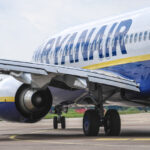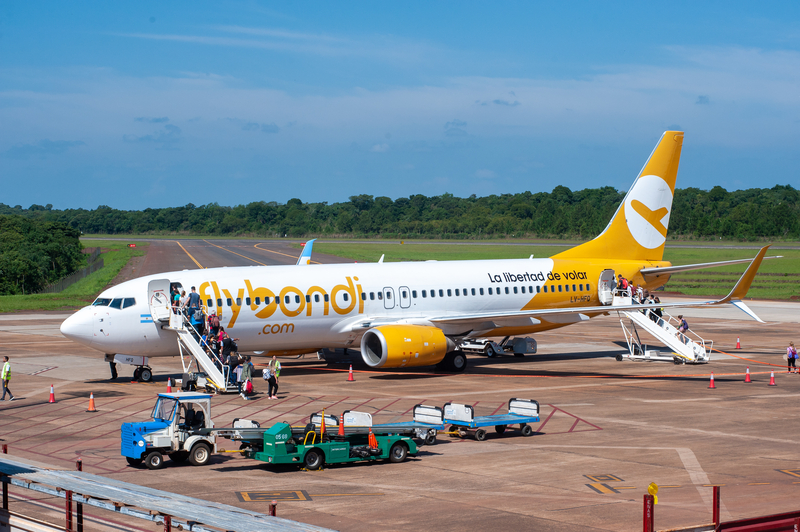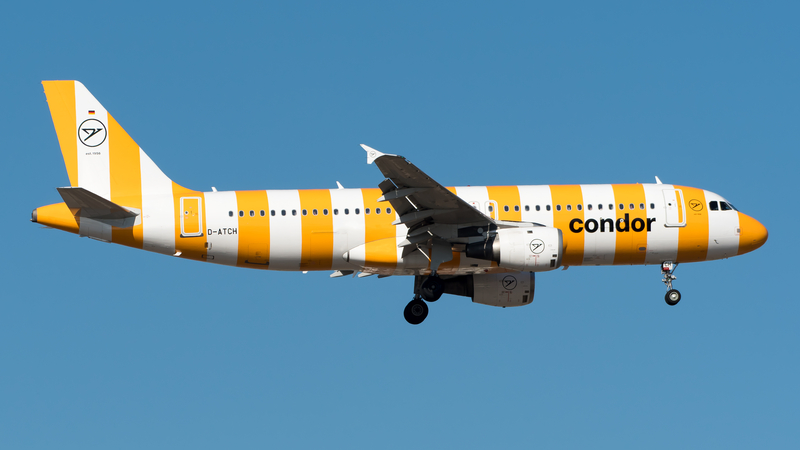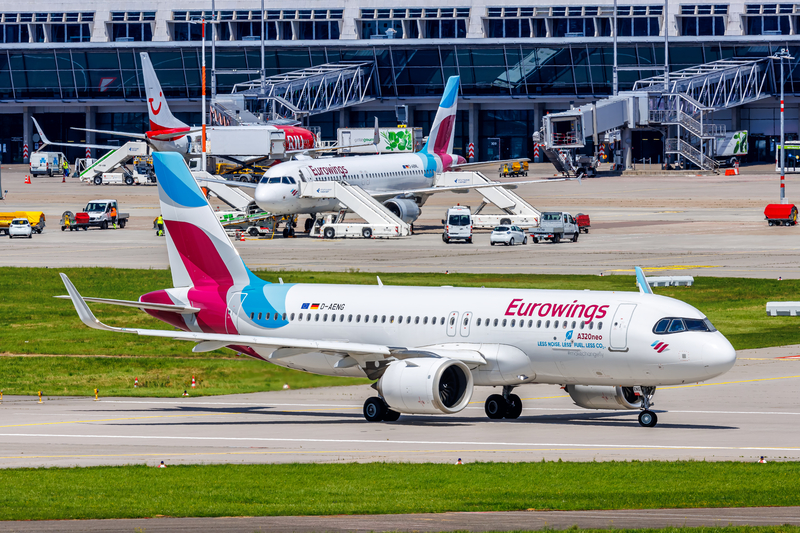Ryanair Threatens to Reduce French Regional Flights Amid Proposed Tax Increase

ID 56088932 © MrFly | Dreamstime.com
Ryanair has issued a stark warning regarding potential reductions in its flight operations across 10 regional airports in France starting January 2025. The airline’s concerns stem from the French government’s proposed increase in passenger taxes, which could significantly impact low-cost carriers and regional air connectivity.
Proposed Tax Details
The French government plans to triple the existing “taxe de solidarité” (solidarity tax) on airline tickets, aiming to raise an additional €1 billion to address national budget deficits. The proposed increase has sparked criticism from airlines, with Ryanair warning that the higher taxes would disproportionately affect affordable travel to and from regional airports.
Jason McGuinness, Ryanair’s Chief Commercial Officer, emphasized the potential harm to regional economies, stating, “These tax hikes are most damaging for regional France, which relies on low-cost air travel for connectivity and tourism.”
Potential Impact on Regional Airports
Ryanair currently operates flights from 22 regional airports in France, serving millions of passengers annually. While the airline has not disclosed specific airports that may be affected, it estimates a capacity reduction of up to 50% in the impacted regions if the tax increase proceeds. This could lead to reduced flight options, higher fares, and significant economic repercussions for local communities reliant on tourism and business travel.
Broader Industry Implications
This situation highlights a growing trend of airlines reevaluating operations in response to rising aviation taxes across Europe. In addition to the proposed changes in France, Ryanair has previously scaled back its services in Germany and issued warnings about potential reductions in the UK following an increase in Air Passenger Duty. These adjustments underscore the delicate balance between maintaining affordable air travel and managing rising operational costs driven by fiscal policies.
Ryanair’s Response and Next Steps
Ryanair is actively reviewing its French schedules and operational strategy to mitigate the impact of the proposed tax hikes. The airline has urged the French government to reconsider the policy, warning that the changes could jeopardize regional connectivity and undermine efforts to boost tourism.
Stakeholders, including regional airport authorities and tourism boards, are also voicing concerns about the potential economic fallout and are engaging with the government to seek alternatives to the proposed tax increases.
Looking Ahead
As the proposed tax hike remains under debate, travelers planning to fly to or from regional French airports in 2025 are advised to monitor updates from Ryanair and other carriers. The final decision on the tax increase will determine the extent of its impact on air travel, with potential consequences for both passengers and the broader French aviation sector.




